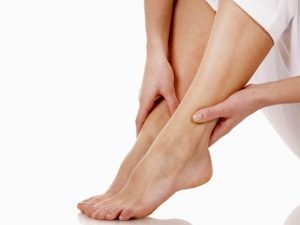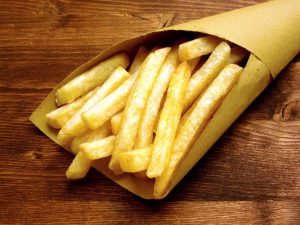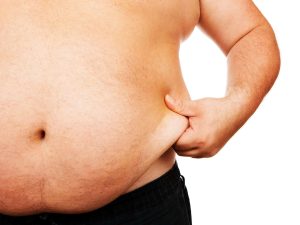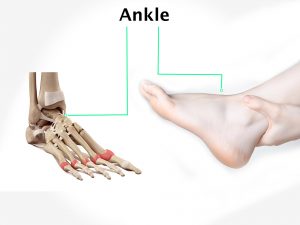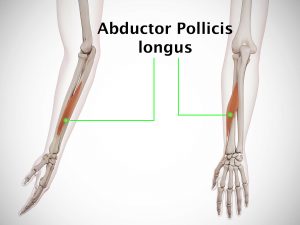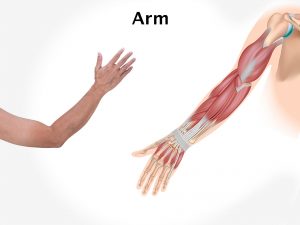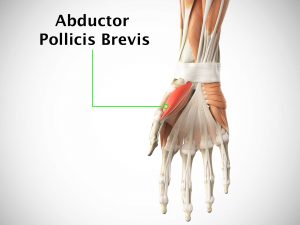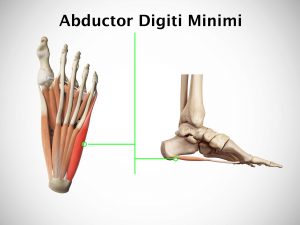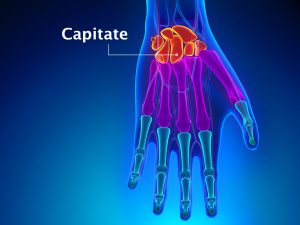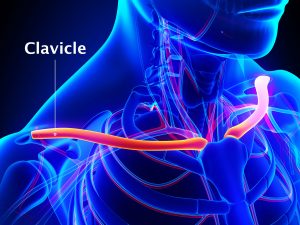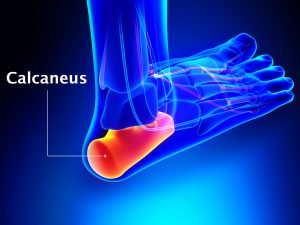Fat Facts – The facts about fats
Haven’t we heard about fat too often, being ‘fat’ or the deposits under the skins at the thighs, lower abdomen, legs, etc., and wondered why we get them at the first place! There is good and bad fat which may result in the proper functioning or ‘accumulation’ in our bodies. Fats are power stores of energy and are absolutely essential for cell growth. On the other hand, an excess of bad fats may lead to sticking under the skin or can cause clogging of arteries.
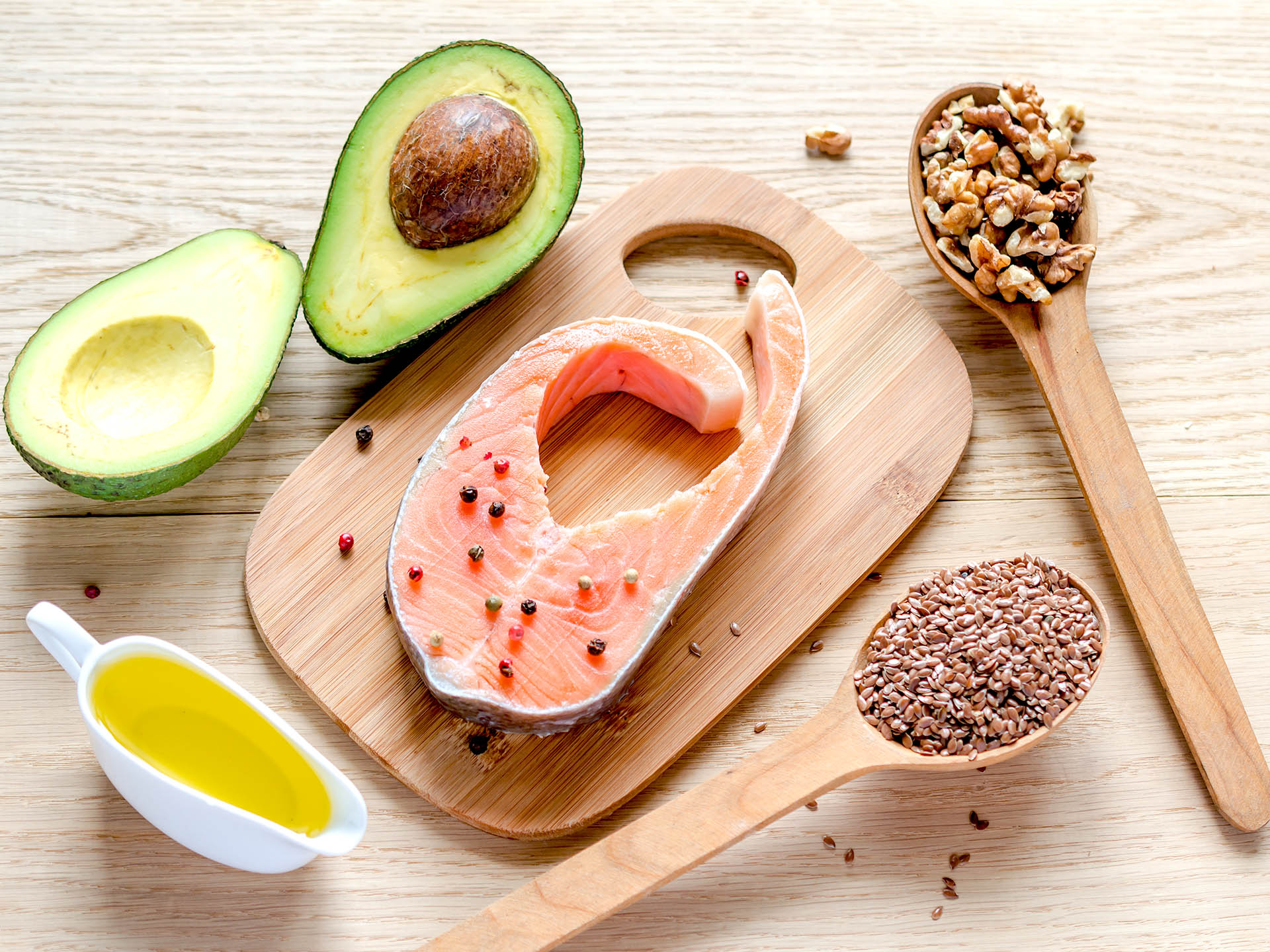
Fat is "Good" because it -
1. Gives body energy 2. Needed for cells to grow 3. Protects organs 4. Keeps your body warm 5. Maintains healthy skin 6. Promotes eyesight 7. Fat is required to distribute vitamins A, D, E, and K in the body 8. Develops brains of babies and children
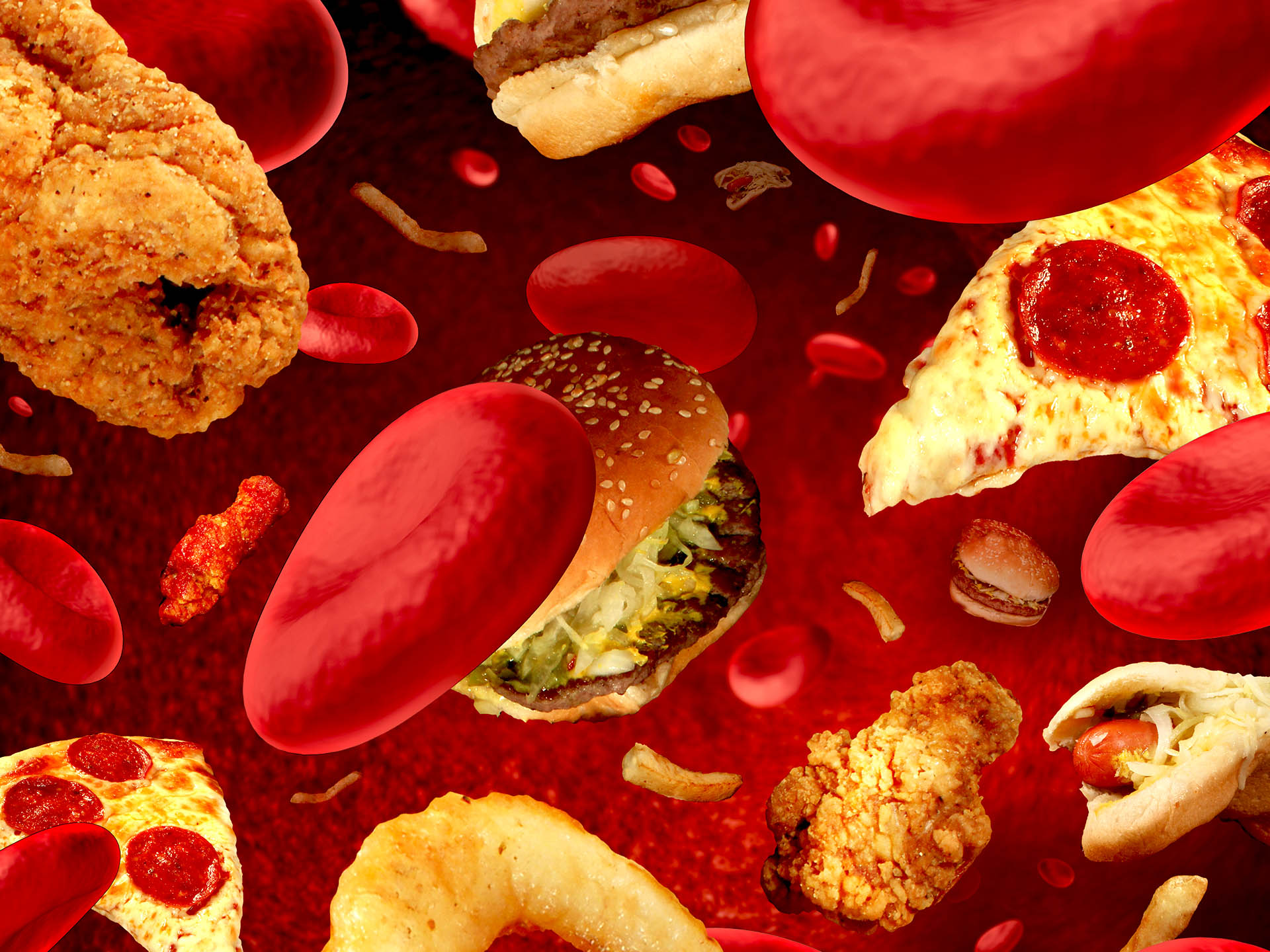
Fat is "Bad" because it may -
1. Increase the amount of harmful LDL cholesterol 2. Reduce the amount of beneficial HDL cholesterol 3. Create inflammation linked to heart disease, stroke, and diabetes 4. Contribute to insulin resistance, increasing the risk of type 2 diabetes
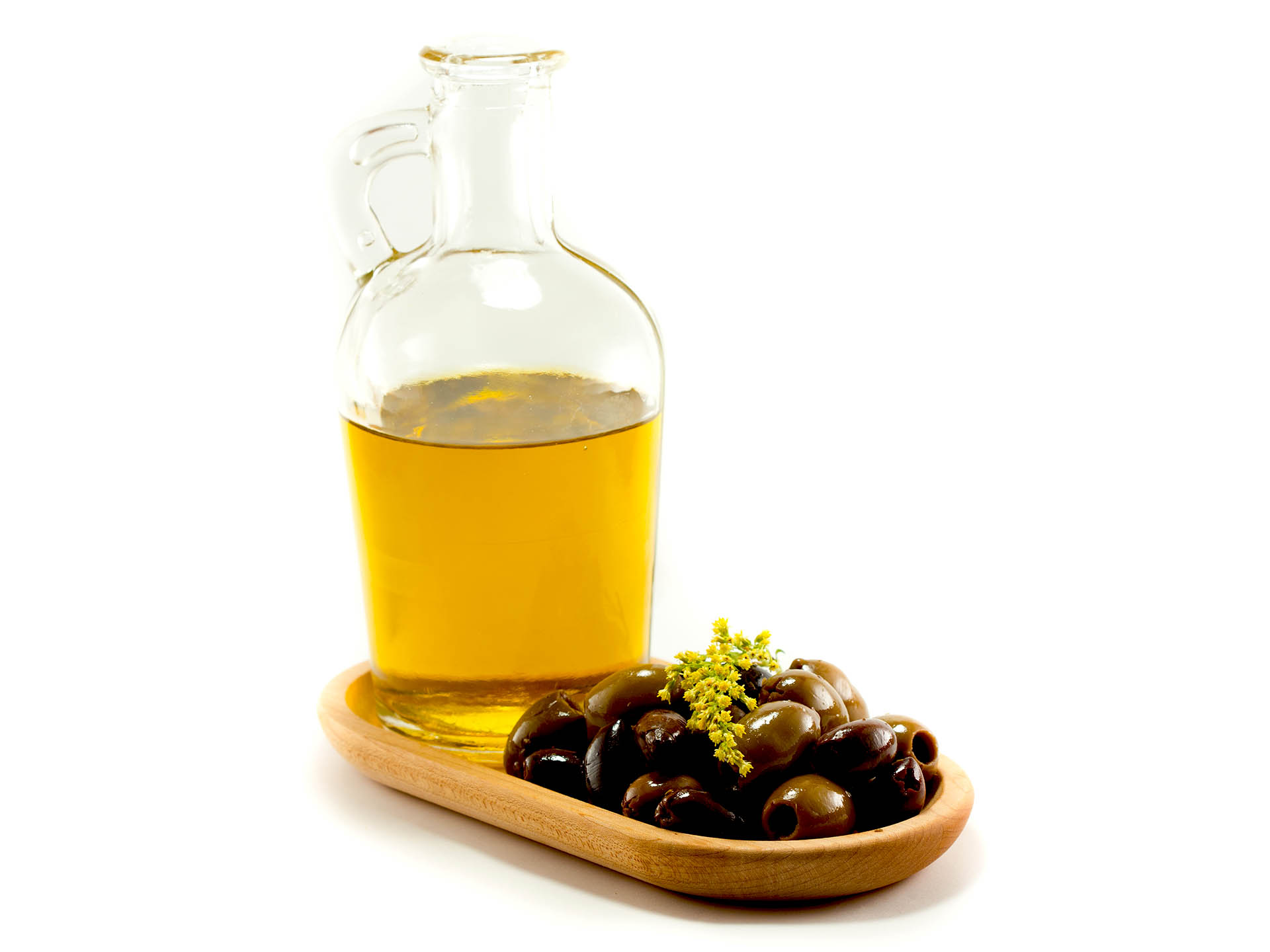
Monounsaturated fat is a healthy fat, "good" fat.
1. Reduces LDL or bad cholesterol 2. Lowers risk of heart disease Naturally found in : 1. Olive and canola oil 2. Avocados 3. Nuts like almonds, pistachios, pecans, and cashews. 4. Peanuts/peanut butter Daily Limit : Total fats should be about 25% to 35% of total daily calories. Eat foods with monounsaturated instead of saturated or trans fat.
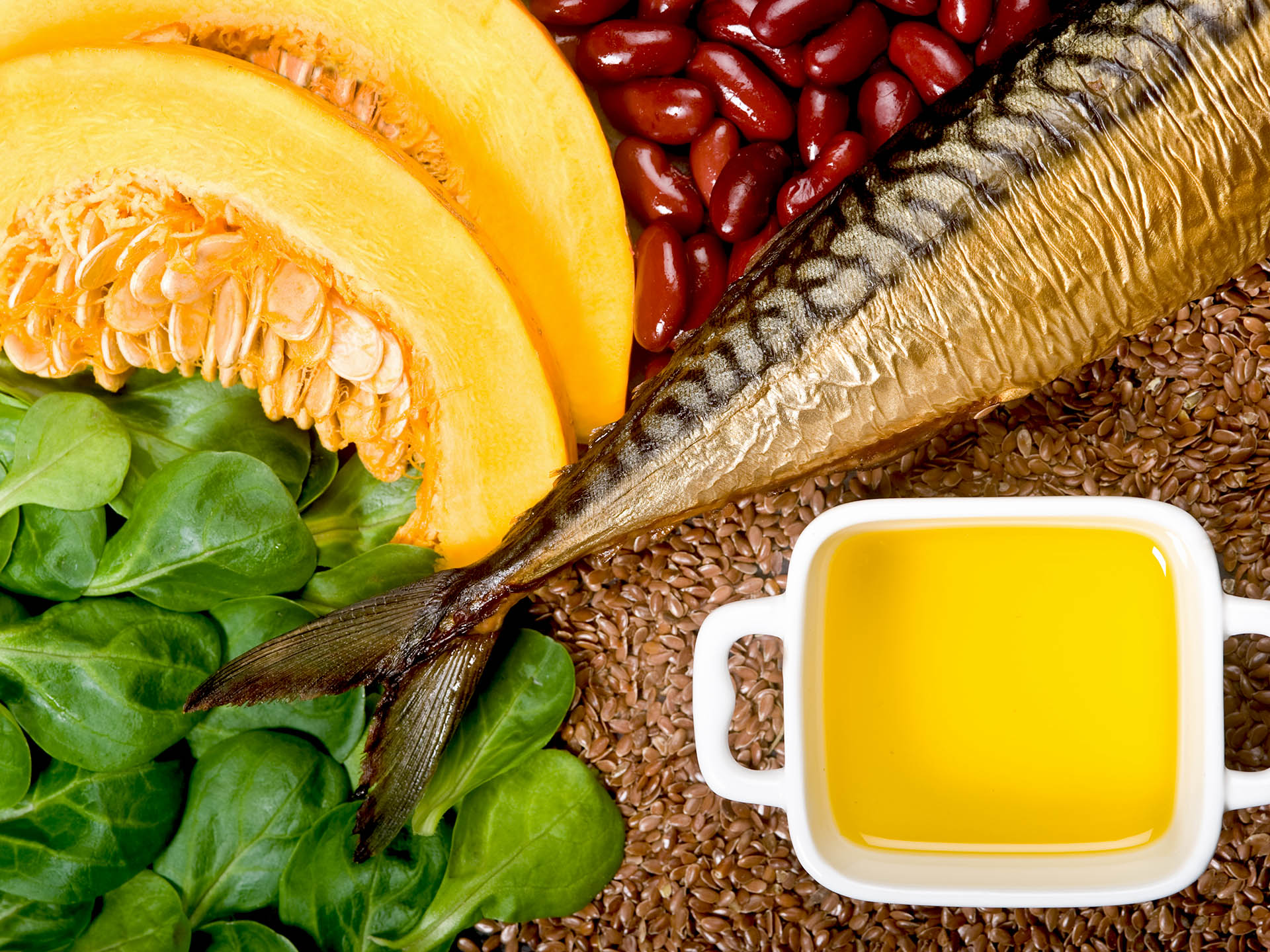
Polyunsaturated fats are healthy fats, "good" fat
1. Improves the cholesterol profile 2. Reduce harmful LDL cholesterol, raise good HDL cholesterol 3. It also lowers triglycerides 4. Reduce blood pressure Polyunsaturated fat is called essential fat as : Body can't make polyunsaturated fats so must get them from food as they are - 1. Required for normal body functions 2. Used to build cell membranes and the covering of nerves 3. Needed for blood clotting, muscle movement and reducing inflammation Daily Limit : Total fats should be about 25% to 35% of total daily calories. Eat foods with polyunsaturated fats instead of saturated or trans fats
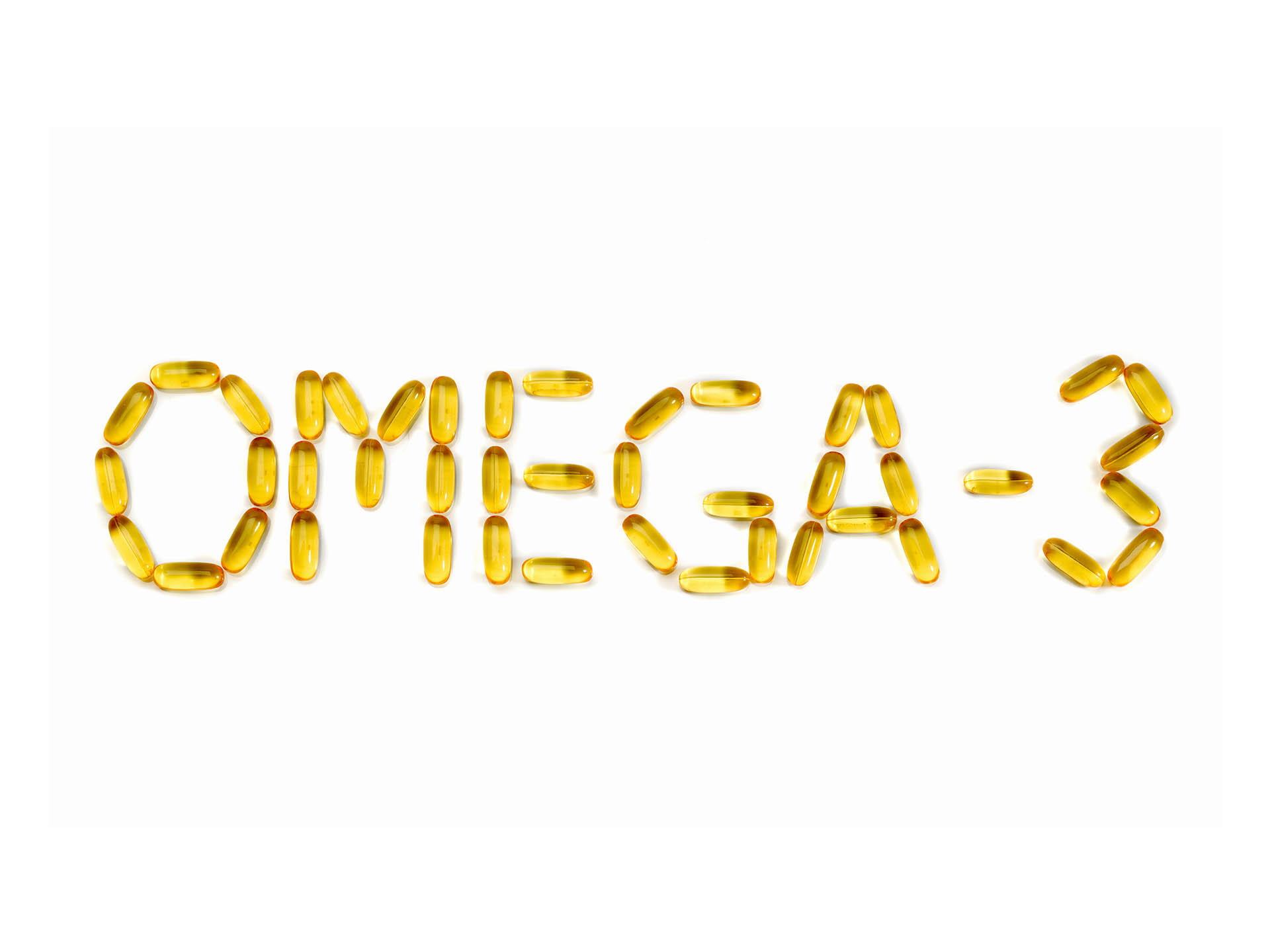
Omega-3 - Polyunsaturated fats
Help prevent, and even treat heart diseases and stroke Naturally Found In : 1. Fatty fish such as salmon, mackerel, trout, herring, and sardines 2. Unhydrogenated soya oil and some soft margarines, canola oil 3. Flaxseed 4. Omega-3 fats are added to eggs, milk products, and some juices.
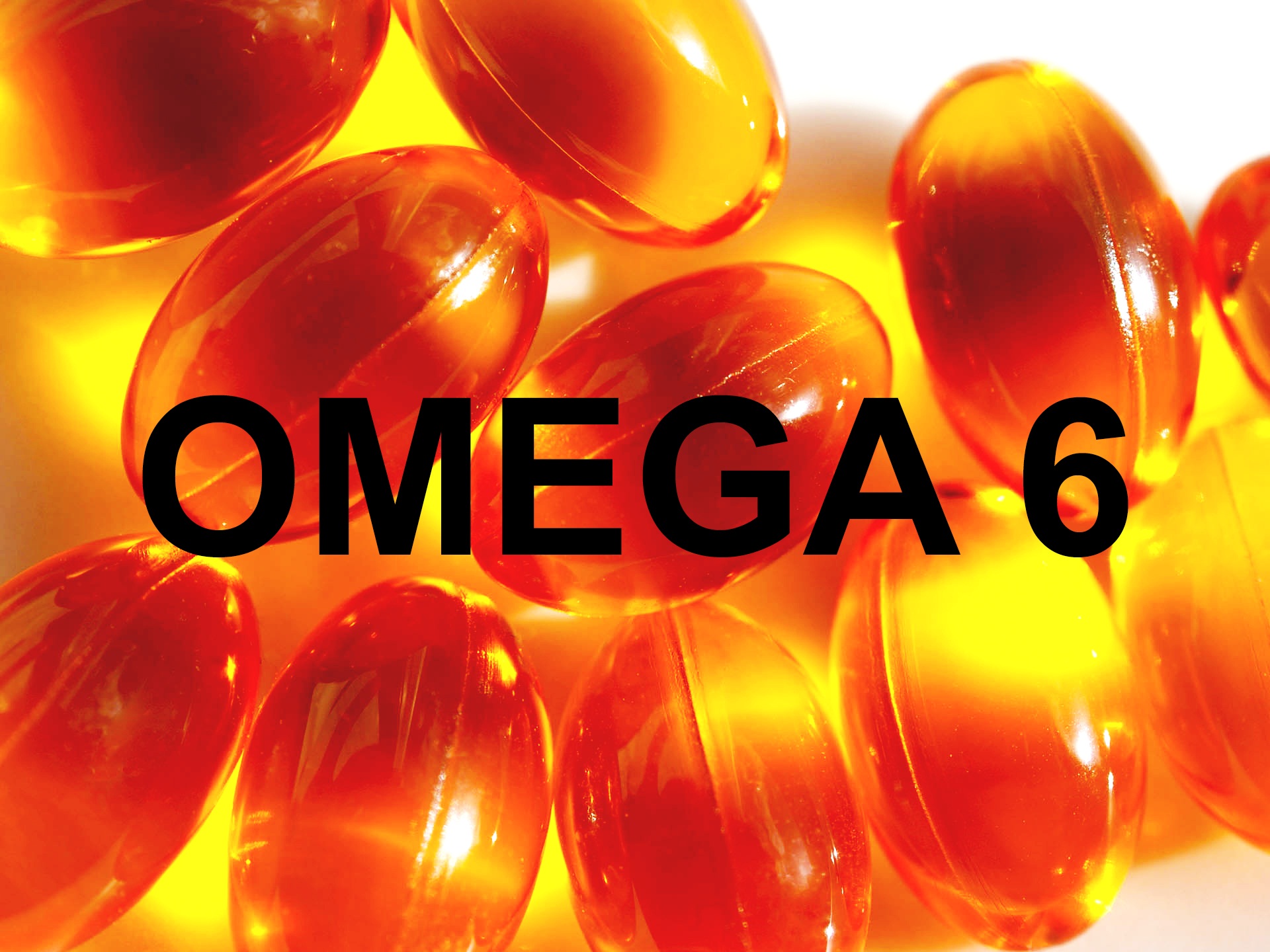
Omega-6 - Polyunsaturated fats
Protect against heart disease Naturally Found In: 1. Safflower, sunflower, and corn oil 2. Nuts, almonds, walnuts, pecans, Brazil nuts 3. Sunflower seeds and sesame seeds

Saturated fat is an unhealthy fat
1. Increases harmful LDL cholesterol 2. Can lead to blockage of arteries in the heart Naturally Found In : 1. Red meat and poultry with the skin, pork 2. Whole milk and other whole-milk dairy foods like cream, cheese, yogurt 3. Palm kernel and coconut oils 4. Some baked goods, snack foods, and fried food Daily Limit : Less than 7% to 10 % of total daily calories, about 15 grams
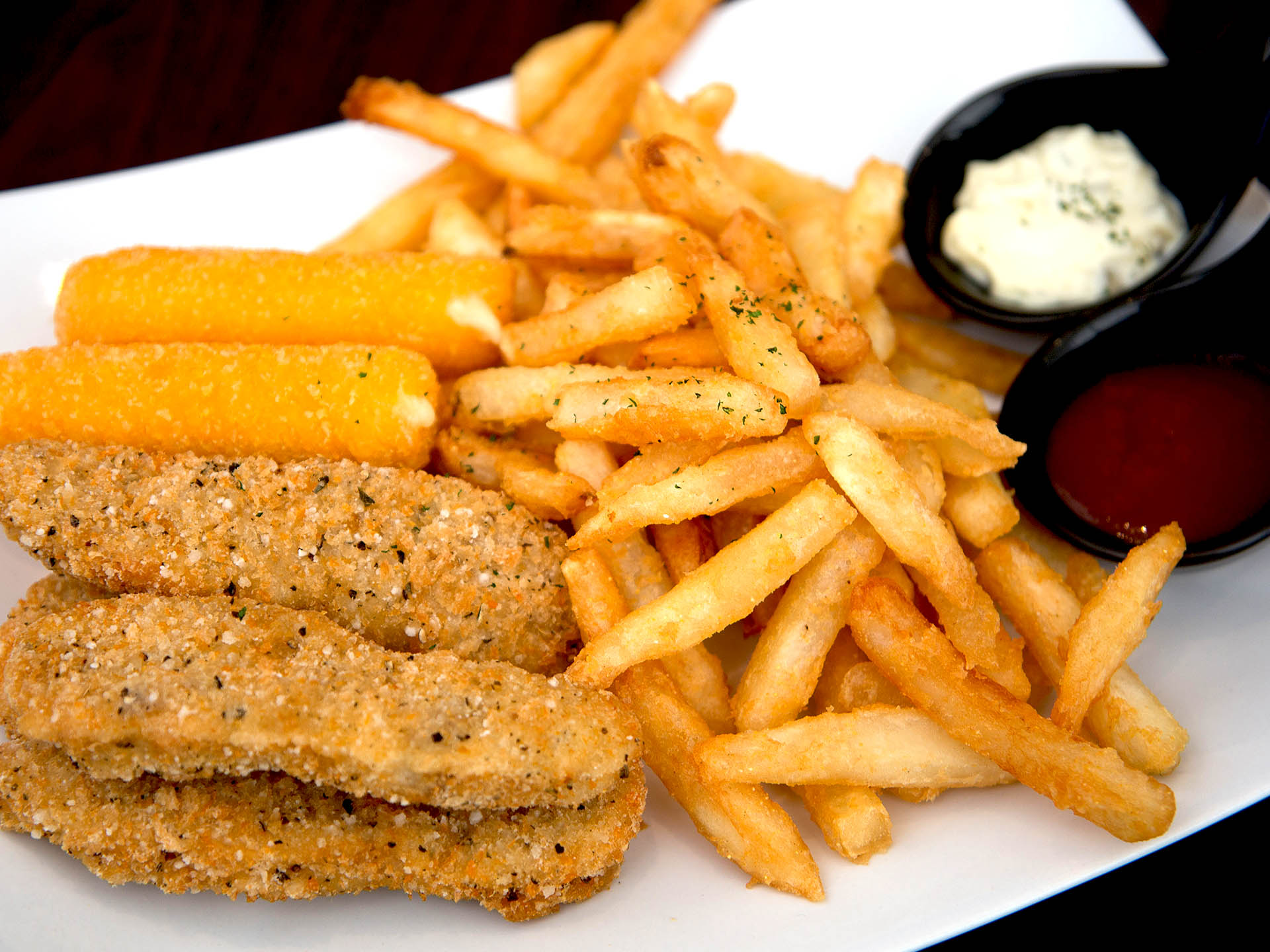
Trans fat is an unhealthy fat, "bad" fat
1. Is manufactured and not natural, so more harmful 2. Harms health even when taken in very small amounts Naturally Found In : Meat, milk, and butter Trans fat adds taste and texture to foods and so it is used commercially in these foods - 1. Baked: pastries, biscuits, muffins, cakes, pie crusts, doughnuts, and cookies 2. Fried: French fries, fried chicken, chicken nuggets, and breaded fish 3. Processed foods: salty snacks, frozen foods, ready to eat foods, popcorn 4. Stick margarine and vegetable shortening Daily Limit : Less than 1% of total daily calories that is only 2 grams

